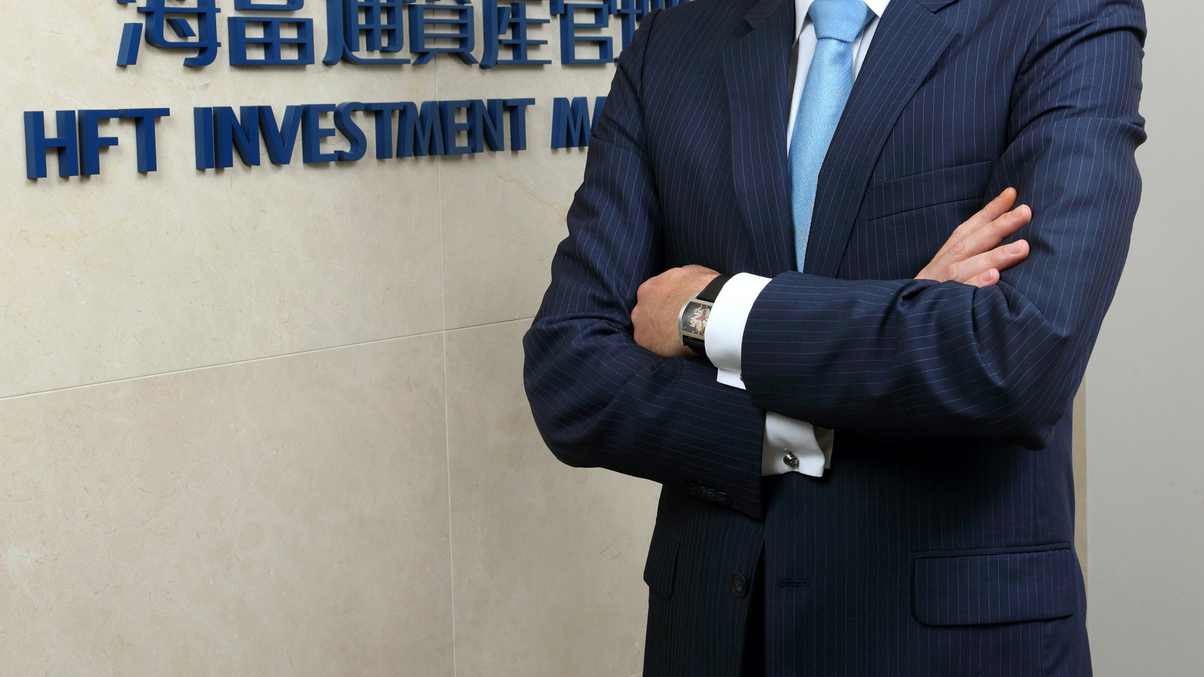HFT HK outlines Greater China growth plans
Fresh from winning its QFII licence and new RQFII quota, HFT Investment Management's Hong Kong unit aims to profit from China's ongoing currency liberalisation.

The Hong Kong arm of Shanghai's HFT Investment Management has aggressive plans for Greater China as it aims to roll out more products and expand its advisory business.
Sign in to read on!
Registered users get 2 free articles in 30 days.
Subscribers have full unlimited access to AsianInvestor
Not signed up? New users get 2 free articles per month, plus a 7-day unlimited free trial.
¬ Haymarket Media Limited. All rights reserved.


